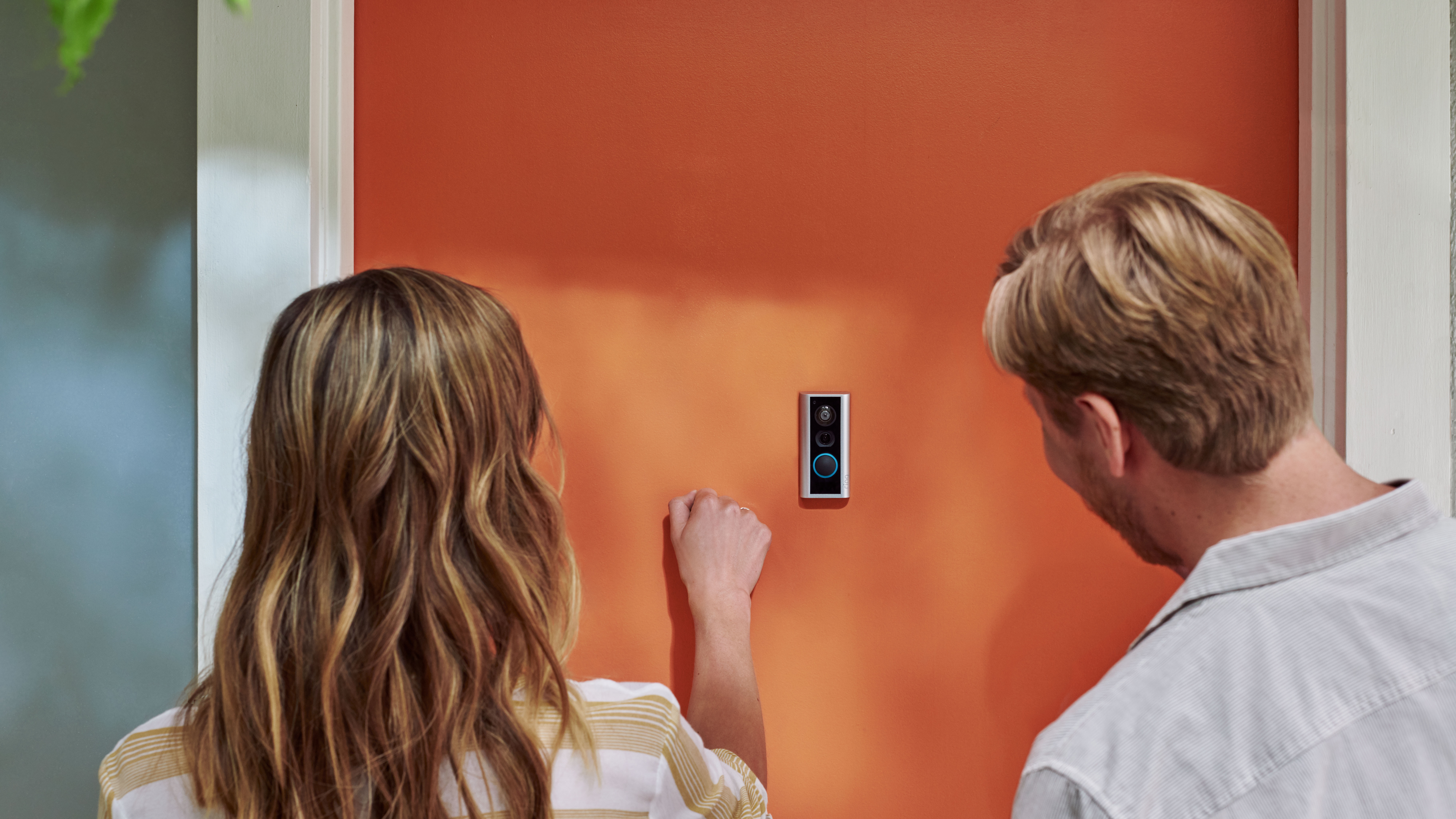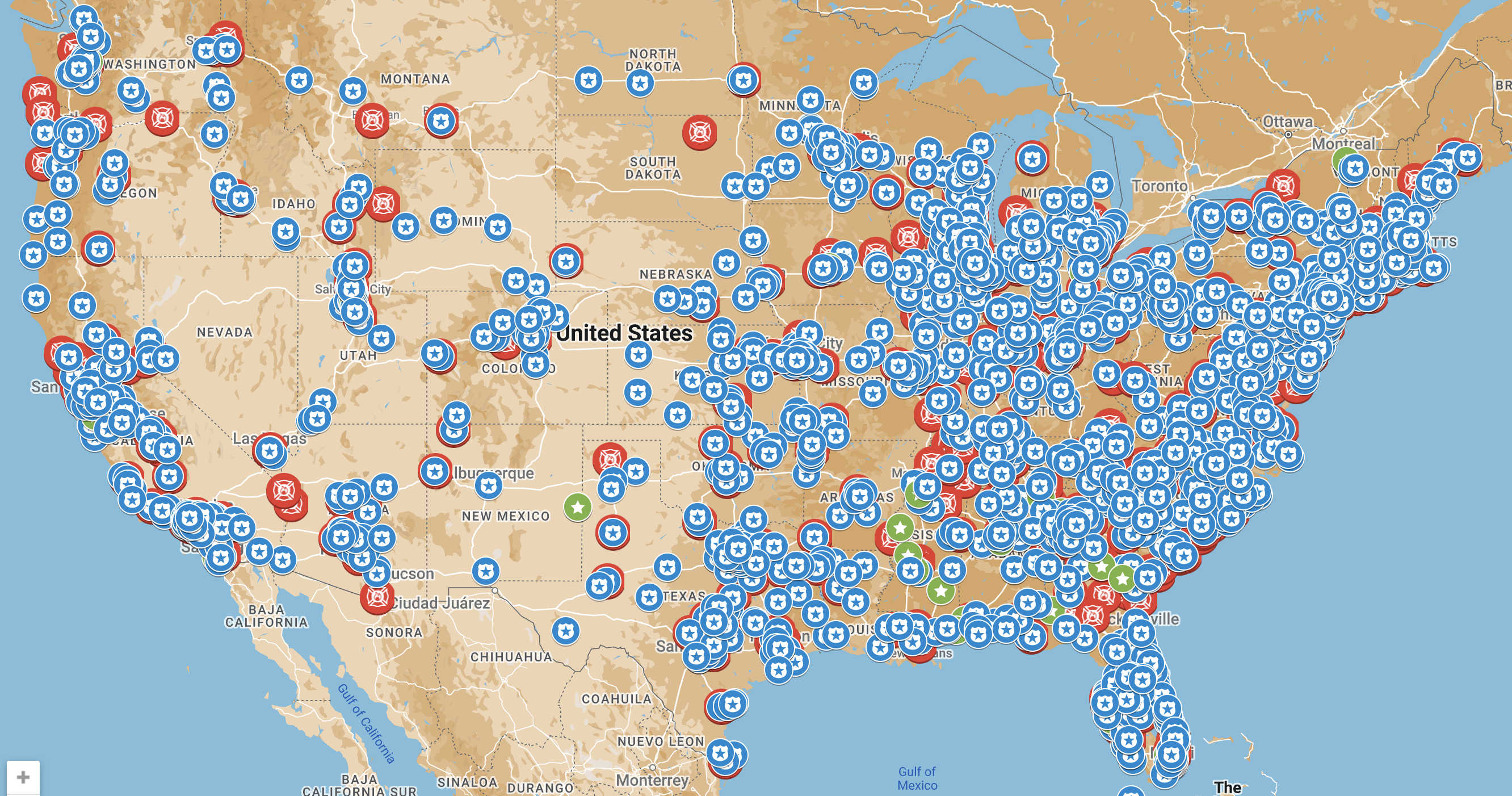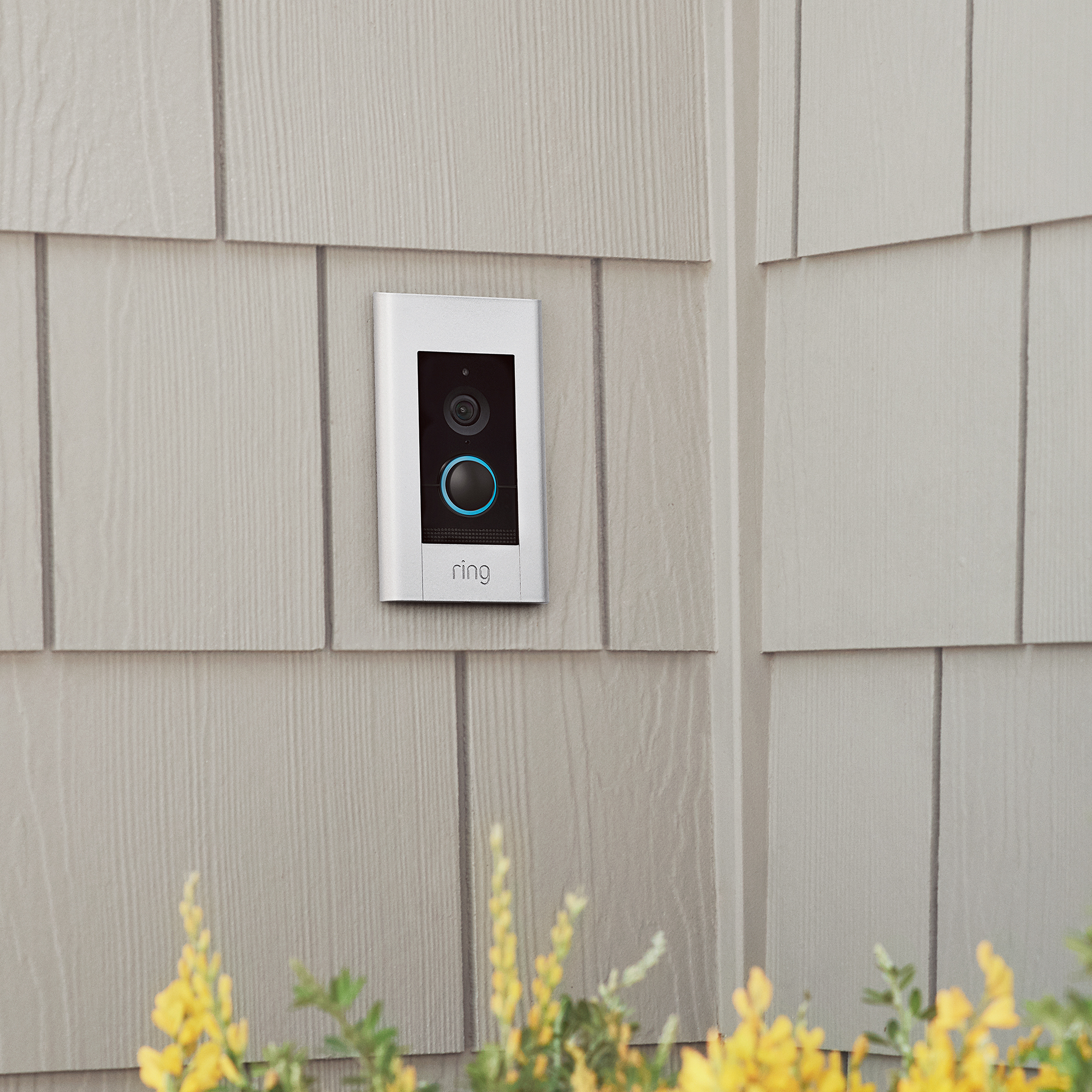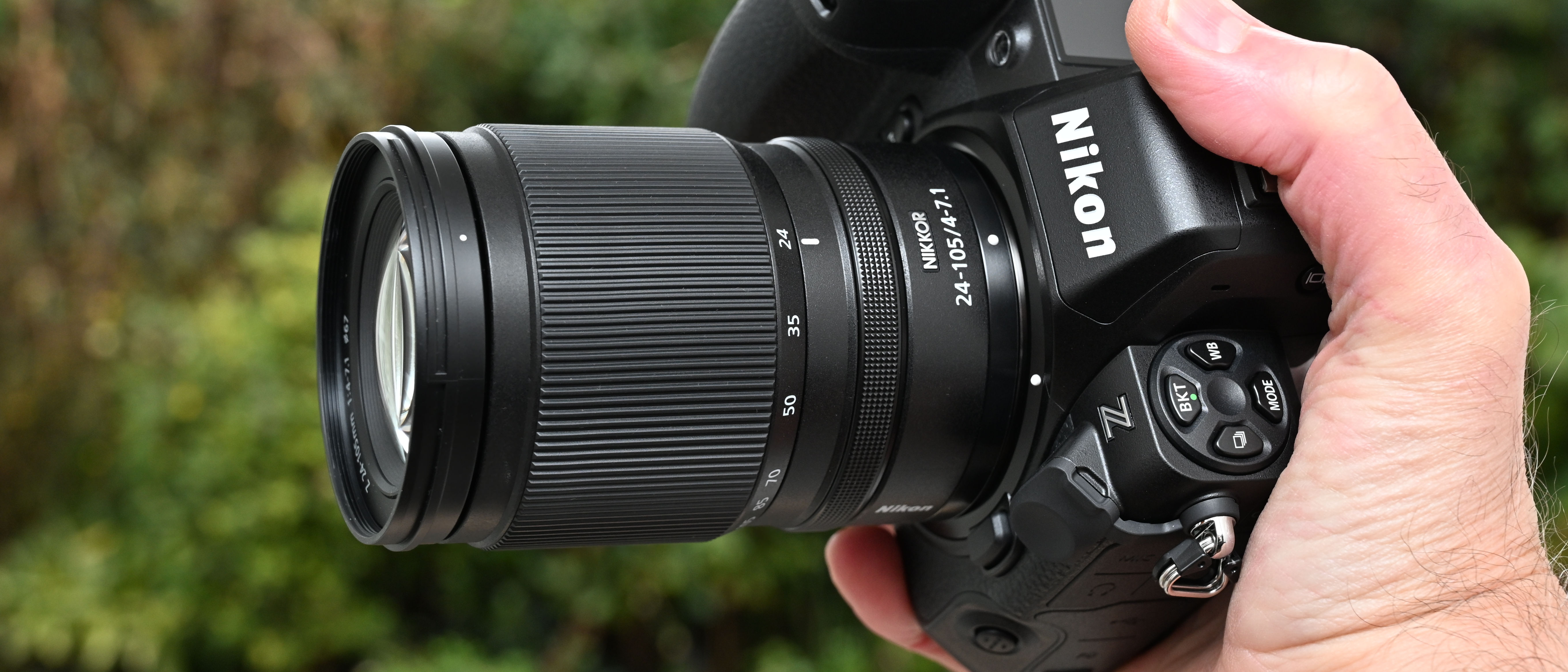Has Amazon created its own CCTV network that promotes racial bias?
Your reasons for buying a ring doorbell may be innocent but they're are causing issues when it comes to privacy, race and persecution.

Amazon is one of the most powerful companies in the world. The trillion-dollar conglomerate has its fingers in e-commerce, advertising, streaming and more recently surveillance. Since the launch of Alexa devices, Ring doorbells and the Neighbor app, Amazon has eyes and ears everywhere and in doing so has created one of the largest public surveillance rings in the world.
It’s kind of scary when you think about how much influence Amazon has on the world. What started as a humble book-selling platform from the garage of Jeff Bezos’ rental apartment (thanks to a big investment from his parents) is now one of the most valuable brands in the world alongside Apple, Microsoft and Walmart. But giving civilians access to CCTV that can be shared amongst communities and accessed by law enforcement has created even more of a divide between race and class in more affluent, primarily white areas in the States.
• Check out the best spy cameras perfect for recording people secretly

Society has willingly bought into Amazon’s easy way of living. At first, people invested in Ring Video Doorbells as a means to protect their homes from potential thieves but now anyone who looks even slightly suspicious (even if they have no bad intention) can be watched. Without realizing we have signed ourselves up to be monitored at home and in our local neighborhoods by installing such devices. Whether you're taking the bins out, having a conversation around one of Amazon's always-on listening devices or dropping a package around to a neighbor, there is a chance you've been caught on camera.
When Ring Doorbells were launched in 2014 (long before they were acquired by Amazon) they turned a familiar device on its head – suddenly you could receive an alert from your phone when someone was at the door and be able to see who it was. In 2016, a live-view feature that lets you see and speak to visitors from anywhere in the world and as Ring doorbells have advanced – so has the level of surveillance we have at our hands. Ring was acquired by Amazon in 2018 and since then we've seen the launch of the Peephole Cam, a feature called Pre-Roll which shows 4 seconds of footage captured before the motion sensor is triggered and in 2023 the first battery-powered HD doorbell was launched making them even more accessible.
Footage recorded by Ring Doorbells is supposed to remain private but there have been incidences when Amazon has landed itself in trouble with the law for handing over footage to local authorities. In 2018, Ring launched the Neighbors app which enables users to get real-time, hyper-local updates about what's going on in their neighborhood. People can anonymously share videos they deem suspicious and anyone who has crime alerts set to on will be notified as they occur making law enforcers privy to footage that would otherwise need a warrant to view.

According to the Sentencing Project, African Americans are imprisoned at 3.5x the rate of non-Hispanic white people. In 2016, black Americans made up 27% of prisoners (double their share of the population) and black people are 3.7x more likely to be arrested for the possession of marijuana than white people. Now while these statistics may not seem to have anything to do with Amazon’s surveillance, how Ring Doorbells and the Neighbor app are used is hurting individuals from minorities.
The best camera deals, reviews, product advice, and unmissable photography news, direct to your inbox!
Affluent white communities, especially in the US, are known to invest not only in Ring doorbells but in Ring’s external floodlight cameras and internal security cameras. This is largely due to the fact they can a) afford to and b) believe they have property and valuables that will be better protected by enhanced security measures. For those who use home surveillance devices to keep an eye on who is at the door and whether the delivery man correctly delivered a parcel – these devices are pretty innocent. But one neighborhood in L.A. has started using these devices as a way of alerting neighbors of 'suspicious behavior' – and often those reported are Black or Hispanic.
Ring doorbells are now thought to be the largest civilian surveillance in the US. According to Business Wire roughly 36% of homes in the US have smart video doorbells – of which 40% are ring doorbells. Ring doorbells are making it almost impossible to do anything without being recorded – whether that's taking the bins out, delivering food to a neighbor or getting into your car. Even at home, people are being monitored much more closely.

In 2018, Ring started brokering partnerships with local police departments in the US and as of November 2023 over 2023 are part of the programme. This controversial move raises concern for three main reasons. It takes ownership away from homeowners, it has the potential to put people who are already discriminated against by the police force at even more risk of persecution and could mislead police officers as to how to spend their time – especially if something takes place in an area of personal interest.
Devices such as Ring doorbells may be designed to keep us safe but they also keep us on constant alert. They make us wary of everyone and instead of craning our necks over neighbors' fences like you might've done in the 'good old days', you can sneakily watch what people are up to from the comfort of your home. Ring doorbells have proved they are useful - especially when it comes to proving a package wasn't delivered safely or carefully but there is a much darker side to this all-singing, all-dancing doorbells.
I'm sure people buy them with the genuine intention of deterring criminals, but at what point do we start assuming everyone who doesn't look the same as us or "who doesn't belong in the area" might be up to no good? There is very little evidence to show that Ring doorbells or other types of CCTV prevent crime. The only 'study', showing a 55% reduction in burglaries over a six-month period, is more of a promotional event. The sample pool was so small it's hard to be sure how accurate the results are.
Until there are more thorough, independent studies into the effectiveness of Ring doorbells, it's worth considering the implications of getting one fitted. It might enable you to keep an eye on who comes to your door when out and about but at the cost of your own and your neighbor's privacy. We're already monitored the moment we step into the supermarket, a restaurant, or even the gas station, should we be monitored in our neighborhoods too?

Having studied Journalism and Public Relations at the University of the West of England Hannah developed a love for photography through a module on photojournalism. She specializes in Portrait, Fashion and lifestyle photography but has more recently branched out in the world of stylized product photography. Hannah spent three years working at Wex Photo Video as a Senior Sales Assistant, using her experience and knowledge of cameras to help people buy the equipment that is right for them. With eight years experience working with studio lighting, Hannah has run many successful workshops teaching people how to use different lighting setups.
